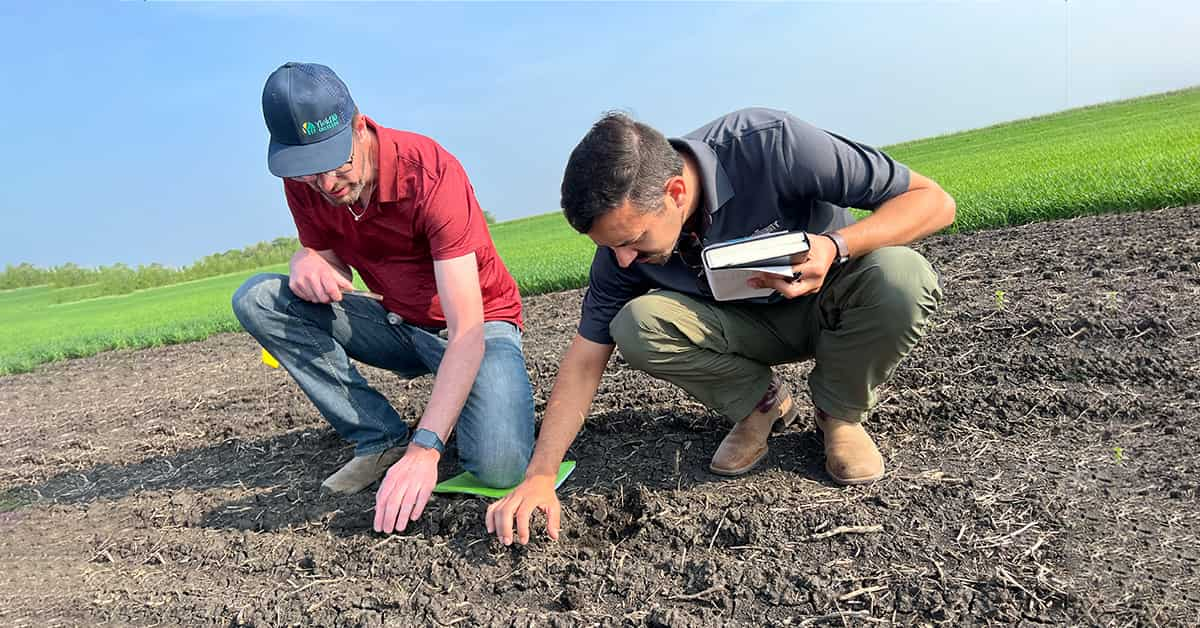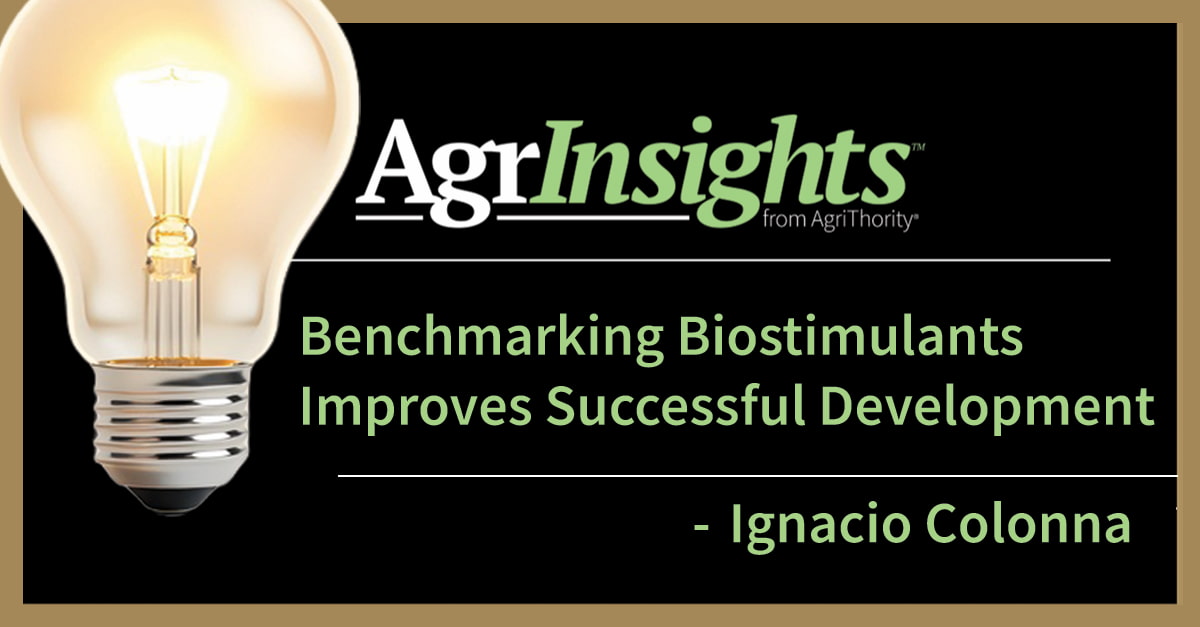The success and commercial viability of biological crop inputs on farm rely heavily on product development, fit within the farmer paradigm and farmer education. Best management practices (BMPs) are essential to showing farmers how a new biological technology can fit into their overall crop production system. Answering the question, “how would it work on my farm?” is paramount.
Farmer Paradigm
When you are ready to introduce a product to the marketplace, it’s important that novel biological technologies clearly identify how the product fits in the existing farmer paradigm. Understand farmers most likely will not change their ways of operating unless the product provides compelling – and profit driving – benefits. While many novel biological products have merit, the majority do not have programs in place to convince farmers to change their practices.
Because of the significant inherent risk in farming, many growers can be slow adopters of new technology. They evaluate new products over time before they risk a result that may impact their livelihood. Growers don’t need more products – no matter how revolutionary or novel – they need solutions. But a major part of any solution must include information that will shift the grower paradigms.
But how can a biological product shift the collective grower paradigm and mindset in the marketplace? Often this shift includes fundamentally different methods or criteria to evaluate product performance, and farmer education is essential.

Farmer Education
The 2022 McKinsey global farmer insight survey reported that approximately a third of U.S. farmers said they have never heard of biological crop inputs, while in Brazil that number is zero. Brazilian farmers are receiving much more information about biological products and solutions from companies and organizations.
As such, biological use in Brazil is much higher than in the U.S. as growers have more information and education on the available products. Brazilian corn and soybean farmers see biologicals as a profit center. The mentality in Brazil is – if you don’t use biologicals, you are behind the curve. To increase adoption in the U.S., education is key. Currently, biological crop products could be doing a much better job of bringing quality information and proven data to U.S. farmers.
It’s important to know that a biological crop input is fundamentally different from a conventional crop input, and it is imperative to educate U.S. farmers on this point of differentiation. They need to understand the biological product, recognize how to use it, visualize how it fits within their current practices and be shown data that illustrates the results and output they should expect. Additionally, knowledge about economic factors and return on investment will increase adoption significantly.
Integrating Biologicals into Best Management Practices
Integrating biologicals into BMPs is one of the biggest challenges for both biological companies and farmers, as most believe that a biological product is the solution. Instead, they should see biologicals as part of the solution and integrate them into their regular farm operations.
Robust data and in-depth analysis that leads to BMPs provide the basis for the education farmers need to implement new technologies. When farmers receive precise information on how to use the product, integration on farm is much more successful. Understanding both fit within current operations and how the product will perform to solve a given problem will accelerate integration on farm.
For years, farmers have shown reluctance to use new technologies like biologicals. However, as seen in Brazil, this mindset is rapidly changing as growers are now planning to adopt more new products and practices. Again, education is key.
Gloverson Moro, Ph.D. will discuss these topics and more on a featured panel on the main stage at World Agri-Tech on March 20, 2023. The session focuses on biological adoption and will cover topics from the success and commercial viability of biological crop inputs on farms and the need for transformational R&D in biologicals, to challenges for start-ups when managing intellectual property and resource allocation and adoption process for farmers. To schedule a meeting with Gloverson, click here:
To prepare your product for adoption, trust AgriThority® to be your native guide. With internationally recognized leaders connected to more than 400 local specialists in a worldwide network, we bring deep experience testing more than 770 technologies across thousands of field trial locations for 250+ multi-national, mid-size and start-up companies.


